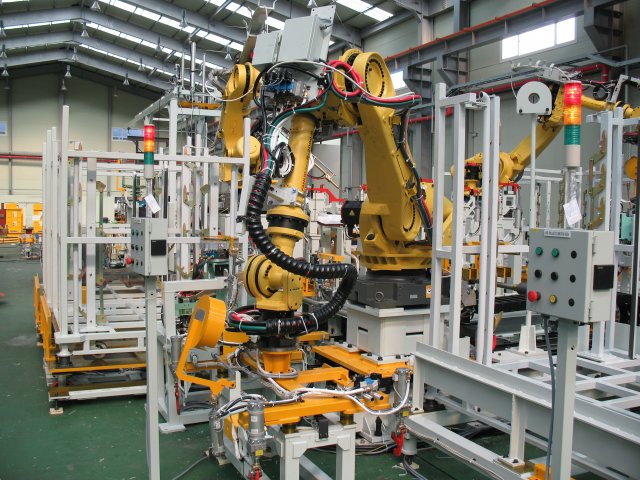
Supply Chain Management in Manufacturing
Effective supply chain management (SCM) is crucial for the success of manufacturing companies, as it involves the coordination and integration of various processes to ensure the smooth flow of materials, information, and resources from suppliers to customers. In today’s globalized and competitive marketplace, manufacturers face numerous challenges in managing their supply chains efficiently. In this blog post, we’ll explore the importance of supply chain management in manufacturing and discuss strategies for ensuring seamless operations.
1. Importance of Supply Chain Management
Supply chain management plays a critical role in manufacturing for several reasons:
- Efficiency: Effective SCM helps streamline operations, reduce waste, and optimize resources, leading to increased efficiency and cost savings.
- Customer Satisfaction: A well-managed supply chain ensures timely delivery of high-quality products to customers, enhancing satisfaction and loyalty.
- Risk Mitigation: SCM allows manufacturers to identify and mitigate risks such as supply disruptions, quality issues, and fluctuating demand, reducing the impact of unforeseen events on operations.
- Competitive Advantage: A robust supply chain can provide a competitive advantage by enabling faster time-to-market, greater flexibility, and better responsiveness to customer needs.

2. Key Components of Supply Chain Management
Supply chain management encompasses various components, including:
- Planning: This involves forecasting demand, setting production schedules, and determining inventory levels to meet customer requirements while minimizing costs.
- Sourcing: Sourcing entails selecting suppliers, negotiating contracts, and managing supplier relationships to ensure the timely and cost-effective procurement of materials and components.
- Manufacturing: Manufacturing involves transforming raw materials into finished products efficiently and cost-effectively while maintaining quality standards and meeting customer specifications.
- Logistics: Logistics encompasses the movement and storage of materials, products, and information throughout the supply chain, including transportation, warehousing, and distribution.
- Collaboration: Collaboration involves working closely with suppliers, customers, and other stakeholders to share information, align goals, and improve overall supply chain performance.
3. Strategies for Ensuring Seamless Operations
To ensure seamless operations in supply chain management, manufacturers can adopt the following strategies:
- Embrace Technology: Leveraging technology such as enterprise resource planning (ERP) systems, supply chain management software, and advanced analytics can help streamline processes, improve visibility, and facilitate data-driven decision-making.
- Build Resilience: Manufacturers should focus on building resilient supply chains that can quickly adapt to disruptions and changes in market conditions. This may involve diversifying suppliers, maintaining safety stock, and implementing risk mitigation strategies.
- Enhance Collaboration: Collaboration with suppliers, customers, and logistics partners is essential for optimizing supply chain performance. Building strong relationships, sharing information, and aligning goals can improve efficiency, reduce lead times, and enhance overall supply chain agility.
- Continuous Improvement: Manufacturers should continuously monitor and evaluate their supply chain processes, identify areas for improvement, and implement measures to enhance efficiency, reduce costs, and improve customer satisfaction. This may involve adopting lean principles, implementing Six Sigma methodologies, or engaging in continuous improvement initiatives.
Conclusion
Supply chain management is a critical function in manufacturing, encompassing various processes and activities aimed at ensuring the seamless flow of materials, information, and resources from suppliers to customers. By effectively managing their supply chains, manufacturers can improve efficiency, reduce costs, mitigate risks, and gain a competitive advantage in the marketplace. By embracing technology, building resilience, enhancing collaboration, and focusing on continuous improvement, manufacturers like Phygen can ensure seamless operations and achieve long-term success in today’s dynamic and competitive business environment.

Windows in Home Insulation

CBD and Gut Health
You May Also Like

Top Five Ways To Liven Up Your Coffee At Work
April 26, 2019
DIY Indoor Home Maintenance
November 21, 2022
